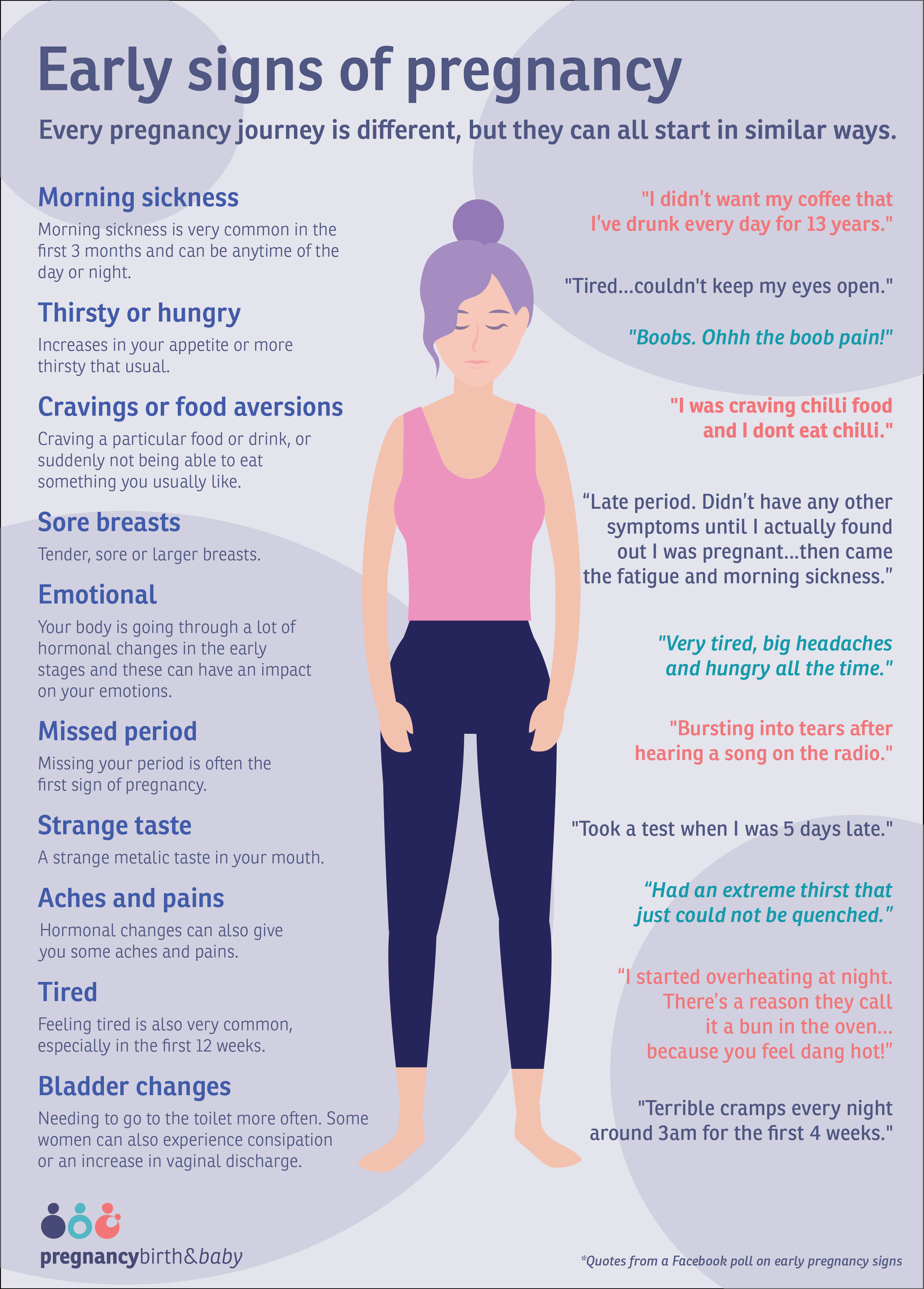
Teenage Pregnancy: Recognizing the Signs and Seeking Support
Teenage pregnancy, defined as a pregnancy that occurs in a female under the age of 20, is a complex and multifaceted issue that affects countless young women and their families. While it is often associated with negative consequences, it is crucial to approach teenage pregnancy with empathy, understanding, and a commitment to providing comprehensive support.
Recognizing the Symptoms
Identifying the symptoms of teenage pregnancy can be challenging, as they often mimic those of other conditions. However, it is essential for young women to be aware of the potential signs and to seek medical attention promptly if they suspect they may be pregnant.
- Missed or late period: This is one of the most common early signs of pregnancy. However, it is important to note that irregular periods are also common in adolescence, so a missed period alone does not necessarily indicate pregnancy.
- Nausea and vomiting: Often referred to as "morning sickness," nausea and vomiting are common symptoms of pregnancy, especially in the first trimester.
- Breast tenderness: The breasts may become swollen, tender, and darker in color during pregnancy.
- Frequent urination: As the uterus grows, it can put pressure on the bladder, leading to increased urination.
- Fatigue: Extreme fatigue is a common symptom of pregnancy, especially in the early stages.
- Mood swings: Pregnancy can cause hormonal changes that can lead to mood swings, irritability, and emotional sensitivity.
- Skin changes: Some women experience acne or other skin changes during pregnancy.
- Abdominal bloating: The uterus will begin to expand as the pregnancy progresses, which can cause abdominal bloating.
Seeking Support
If a young woman suspects she may be pregnant, it is crucial to seek medical attention promptly. A healthcare professional can confirm the pregnancy through a blood or urine test and provide guidance on next steps.
In addition to medical care, it is essential for teenage mothers to have access to comprehensive support services. These services may include:
- Prenatal care: Regular prenatal checkups are essential for monitoring the health of both the mother and the baby.
- Education: Young mothers need access to education about pregnancy, childbirth, and parenting.
- Counseling: Counseling can provide emotional support and guidance to teenage mothers as they navigate the challenges of pregnancy and parenthood.
- Social services: Social services can provide financial assistance, housing, and other resources to support teenage mothers and their families.
Consequences and Risks
Teenage pregnancy is associated with a number of potential risks and consequences for both the mother and the child. These include:
- Health risks: Teenage mothers are more likely to experience premature birth, low birth weight, and other pregnancy complications.
- Educational challenges: Teenage pregnancy can disrupt education, making it difficult for young mothers to complete high school or pursue higher education.
- Economic challenges: Teenage mothers often face economic challenges, as they may have limited job opportunities and may need to rely on government assistance.
- Social stigma: Teenage pregnancy can lead to social stigma and discrimination, which can further compound the challenges faced by young mothers.
Prevention
Preventing teenage pregnancy is a multifaceted effort that requires a comprehensive approach. This includes:
- Education: Comprehensive sex education programs that provide accurate information about contraception and pregnancy are essential for preventing teenage pregnancy.
- Access to contraception: Young people need access to affordable and effective contraception to prevent unintended pregnancies.
- Parental involvement: Parents play a crucial role in educating their children about sex and relationships and in supporting them in making healthy choices.
- Community support: Communities can provide support for teenage mothers and their families through programs and services that address the challenges they face.
Conclusion
Teenage pregnancy is a complex issue that affects countless young women and their families. It is essential to approach teenage pregnancy with empathy, understanding, and a commitment to providing comprehensive support. By recognizing the symptoms, seeking support, and implementing effective prevention strategies, we can empower teenage mothers to make informed choices and create a brighter future for themselves and their children.